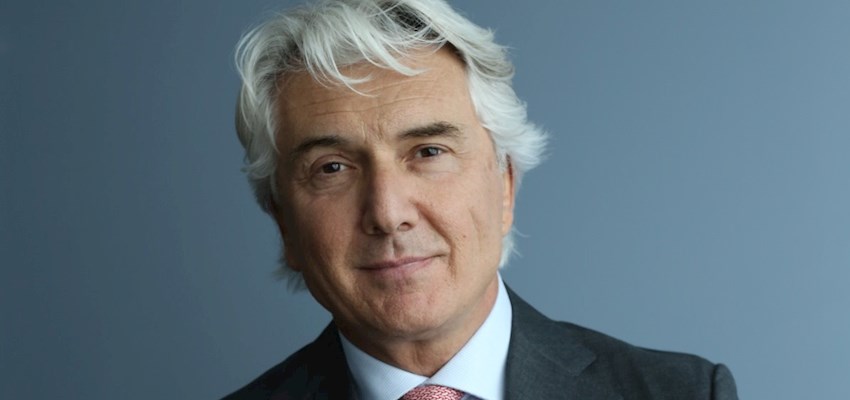How has the pandemic affected how you treat your patients?
Many of my NHS patients have been relocated to independent hospitals, including The Wellington Hospital and we’ve been able to work together to share resources when necessary.
At the start of the first lockdown myself and other consultants within the HPB community worked together to better prioritise patients who needed urgent care but at the time we were still learning about the risks of COVID-19 on patient mortality. This meant we also had to treat patients more conservatively. For example, patients with borderline resectable pancreatic cancer were treated with chemotherapy instead of surgical interventions and we had to be strict with our criteria for fitness for surgery.
What long term effects do you think the pandemic will have on the HPB community?
Aside from the direct impact of the COVID-19 virus, there pandemic has caused collateral damage which will become clearer in the years to come. In particular, all areas of care will be affected by the fact that patients have been coming into hospital with symptoms at a later stage. I’ve already seen patients coming in with gastric obstructions and blockage of the duodenum caused by cancer who have clearly waited a long time before coming into hospital, either because they’re afraid of COVID-19, or because they’ve been isolating or haven’t been sure how to access care safely.
We’re also going to see an impact on more benign conditions too. The most common benign condition we see is gallstones disease for example, and patients are presenting later and often with more complicated conditions as a result, which will require more complex interventions. As hospitals continue to priories those with the most serious conditions we’ll inevitably see a backlog of patients requiring treatment for benign conditions in the coming years.
Have changes in lifestyle affected the types of patients you are seeing?
The lockdown has had a psychological and physiological impact on many patients and I believe the two are interconnected. For example, a patient whose mental health is suffering as a result of the pandemic is less likely to seek medical help or share concerns about their health.
Physiologically, we can’t yet quantify the negative long term impact of the lockdown but certainly from a surgical perspective, complex HPB surgery requires patients to be generally fit and healthy and lockdown is certainly affecting this. Limits on the types of exercise we can currently do can make it harder to keep fit and a more sedentary lifestyle combined with excessive eating and drinking will all impact a patient’s preparedness for complex surgery.
What advice do you have for patients who may have symptoms that are affecting their digestion?
Unfortunately, HPB cancers and pancreatic cancer in particular often presents with vague and non- specific symptoms such as tummy ache, bloating and indigestion. If any non-specific symptoms are not resolved in a couple of the weeks with the help of over-the-counter medicines such as painkillers or antacids, then do not hesitate to seek medical advice. The sooner you intervene, the greater the chance of success.
What happens when a patient is referred to you at The Wellington Hospital Liver Unit?
Once a patient has seen their GP or a gastroenterologist they may be referred to us for further diagnosis or treatment. Most of our initial consultations can be done by phone or video call and we can then put together a further treatment plan.
We are a multidisciplinary team, with surgeons, radiologist, oncologists, gastroenterologists and hepatologists all working closely together to ensure the patient is receiving care tailored to their needs.




